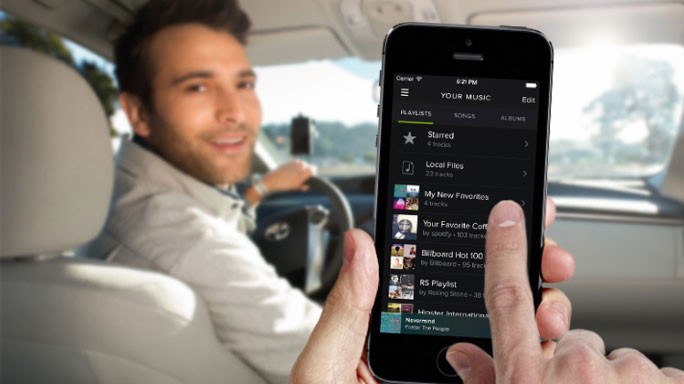It probably topped $1.5 billion in net revenue last year and was growing bookings at a rate of over 40% per quarter in the middle of 2015, according to recently leaked documents. In its current round of fund-raising, it is telling would-be investors that it's worth more than $60 billion — more than Ford or General Motors.
It faces lots of threats, like driver lawsuits and local regulators.
But it may also face a threat from something a little counterintuitive: the improving economy.
On Wednesday, Uber will announce plans to loosen standards for drivers in California and no longer automatically reject people who have been convicted of certain crimes, as long as the offenses weren't violent or sexual.
Uber told us the decision was driven solely by social-justice concerns — California voters passed a proposition that reclassified certain felonies as misdemeanors, and Uber said it wanted to give people in that situation a chance to make a living.
"California voters told us when they overwhelmingly passed Proposition 47 that people with nonviolent, low-level offenses must be given a chance to get back on their feet. To do our part, we can make sure people have a fair chance to earn a living with Uber," the company's chief security officer, Joe Sullivan, said.
But the change will also help Uber in a very concrete way by increasing the supply of available drivers in California.
This highlights one of the big and underexposed risks in Uber's business model — what happens if people don't want to drive for Uber any longer?
Labor-market changes
Uber and the so-called on-demand economy arose in the wake of the Great Recession, when unemployment was approaching record highs. In 2010, the US unemployment rate was 9.6%, the highest it had been in 60 years, since before World War II.
But after almost seven years, companies are finally starting to hire again. The US economy added 257,000 jobs in December, the most they'd added in a year. Unemployment is close to 5%, which many economists consider to be full employment.
See more at:
Business Insider





